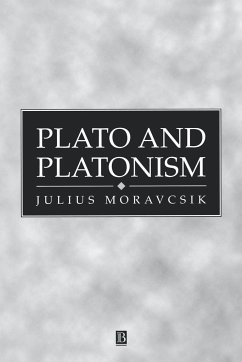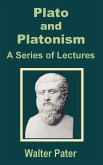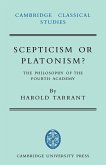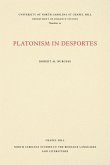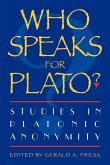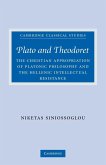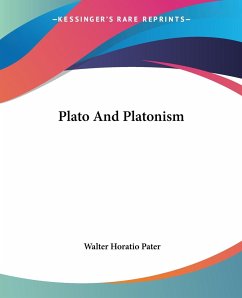This book offers a rich and highly original treatment of Plato's views in the areas of epistemology, ontology, and ethics. Moravcsik rightly encourages us to be open to the idea that the study of Plato is valuable not only for historical reasons, but also based on what it can offer to us in our continuing reflections on pivotal topics such as the nature of human flourishing. Moravcsik's book is essential reading not only for those working in Greek philosophy, but also for anyone who is interested in exploring key approaches to enduring philosophical and human concerns. Susan B. Levin, Smith College. Plato and Platonism reviews the nature and limits of Platonic interpretation. The book begins with a discussion of Plato's conception of what a genuine rational discipline (a 'techne') should be. The author shows how the recollection theory of understanding, the Forms as ultimate explanatory factors, and Plato's ethics of the right human ideal, all grow out of conditions that are essential to the genuine 'technai'. Moravcsik goes on to demonstrate how questions about the explanatory power of the Theory of Forms, mainly emerging not from naturalistic or empiricist qualms but from deep reflections on Eleatic doctrines, led to elaboration and modifications in Plato's ontology. The author reveals that the clearest echoes of the basic Platonic explanatory pattern linking elements of reality may be seen in some of the work on the foundations of mathematics and the related concern with the Eleatic challenge, rather than the 'realism' of general analytic philosophy. The author also shows how different Plato's basic ethical questions are from those preoccupying modern philosophy, and what Platonistic ethics might look like today. Students, academics and researchers will find that Moravcsik's careful and rigorous analysis offers an understanding of what Platonism in our times would have been like. The book leads us to an appreciation of genuine Platonism, rarely discussed today.
Bitte wählen Sie Ihr Anliegen aus.
Rechnungen
Retourenschein anfordern
Bestellstatus
Storno

